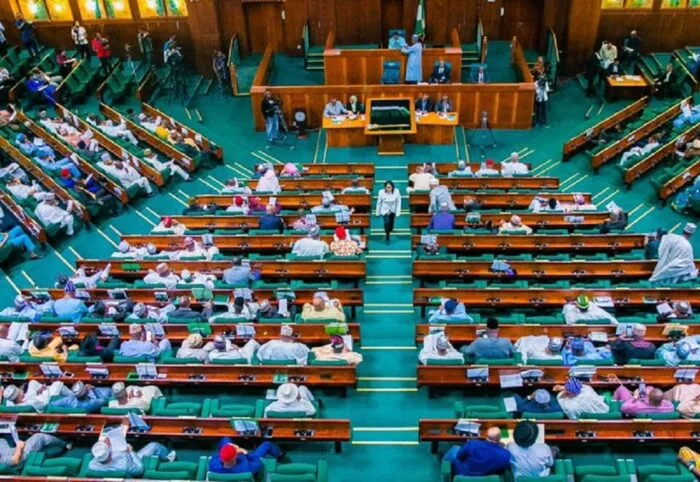The Nigerian telecommunications landscape is undergoing a significant shift with the implementation of a 50% tariff hike on data plans, a move approved by the Nigerian Communications Commission (NCC) but met with strong resistance from lawmakers and consumer groups. MTN, the country’s largest telecom provider, has taken the lead, already adjusting prices for several data bundles, with other major players like Glo, Airtel, and 9mobile expected to follow suit. This increase translates to a substantial price jump for consumers; for instance, a 1.5GB monthly data plan, previously priced at N1,000, is now replaced with a 1.8GB plan costing N1,500. Similar increases are reflected across various data packages, with larger bundles experiencing even steeper hikes. This staggered implementation strategy adopted by MTN suggests a phased approach to minimize immediate consumer impact and allow for adjustments.
The House of Representatives has intervened, directing the NCC and the Minister of Communications, Innovation, and Digital Economy to suspend the tariff increase. Lawmakers argue that the hike is ill-timed, considering the prevailing economic hardship faced by Nigerians due to rising inflation, exacerbated by the recent removal of fuel subsidies. They contend that increasing the cost of essential services like telecommunications will further burden citizens and deepen the existing economic disparities. This direct intervention reflects the legislative body’s concern about the potential negative impact on the affordability of vital services and the broader economic implications for individuals and businesses.
The heart of the debate lies in the conflicting perspectives on the necessity and timing of this price adjustment. Telecom operators, represented by the Association of Licensed Telecommunications Operators of Nigeria (ALTON), justify the increase as essential for the industry’s survival. They cite rising operational costs and the need for continued investment in infrastructure as primary drivers. ALTON argues that sustained underinvestment could lead to a decline in service quality, ultimately harming consumers in the long run. This perspective underscores the operators’ concern about the financial viability of the sector and the need to balance affordability with sustainable operations.
Consumer advocacy groups, like the National Association of Telecommunications Subscribers (NATCOMS) and the Nigeria Labour Congress (NLC), vehemently oppose the hike, deeming it insensitive to the economic realities of many Nigerians. They argue that the focus should be on improving service quality before increasing prices, highlighting the prevalent issues with network coverage and reliability. They advocate for a reversal of the hike or a substantially lower increase, emphasizing the importance of affordable telecommunications for various sectors, including education, healthcare, and small businesses. This counter-argument highlights the consumer perspective, prioritizing service quality and affordability over the operators’ financial concerns.
Oboku Oforji, the lawmaker who initiated the motion to suspend the tariff increase, emphasized the importance of affordable telecommunications for national development. He argued that access to affordable data is crucial for various sectors, including digital banking, education, healthcare, agriculture, and e-governance. He also pointed out the disproportionate impact on vulnerable groups, such as informal sector workers who rely on mobile data for gig work opportunities and small businesses that depend on affordable communication for operations. This argument broadens the discussion beyond individual consumers to the wider societal and economic implications of the tariff hike.
The situation has also sparked discussions about the balance between private sector interests and public welfare. While telecom operators emphasize the need for profitability to sustain investment and improve services, consumers and lawmakers prioritize affordability and accessibility. This inherent tension between the business needs of the industry and the economic realities of consumers lies at the core of this ongoing debate. The intervention of the House of Representatives underscores the government’s role in mediating this conflict and finding a solution that addresses both the industry’s sustainability and the public’s affordability concerns. The unfolding events will likely shape the future of the telecommunications sector in Nigeria and highlight the challenges of balancing economic realities with the need for continuous development and investment in critical infrastructure. The final outcome will likely involve negotiation and compromise to find a sustainable path forward that addresses the legitimate concerns of all stakeholders.


